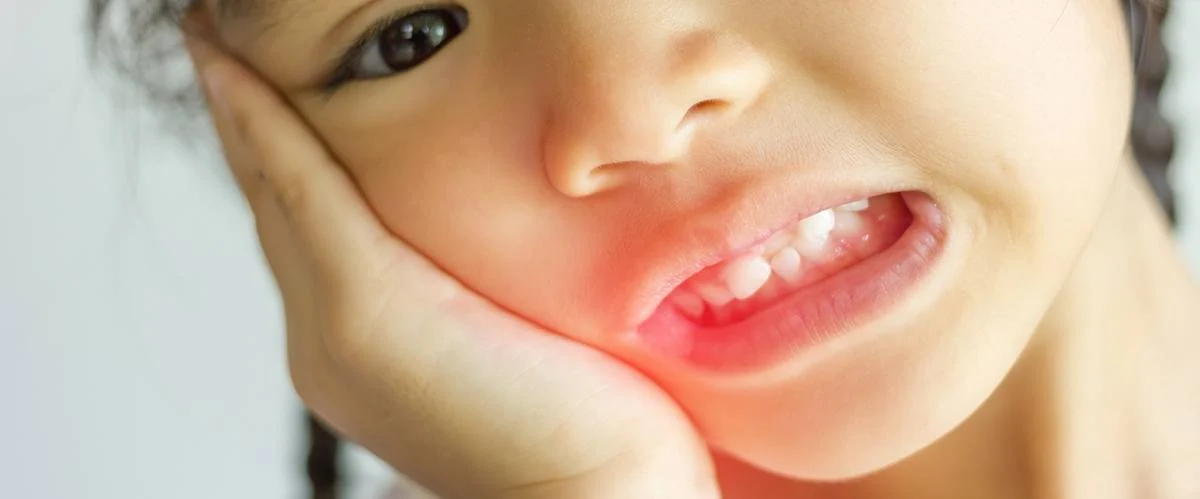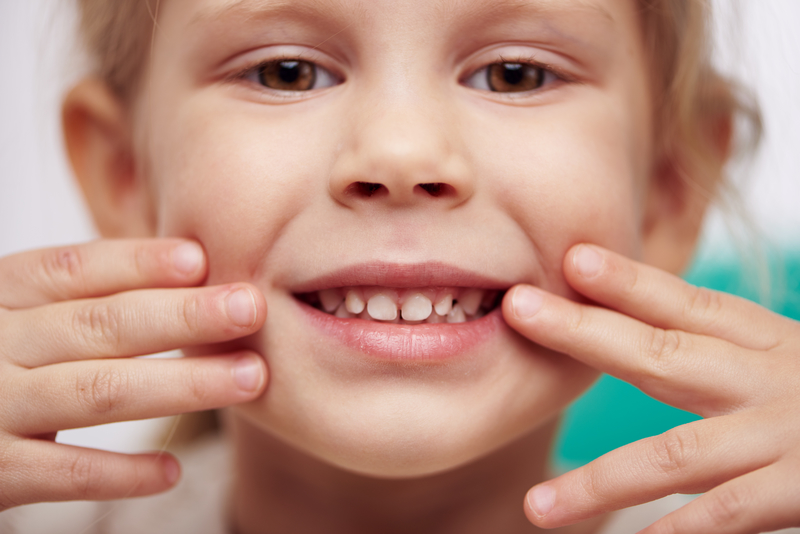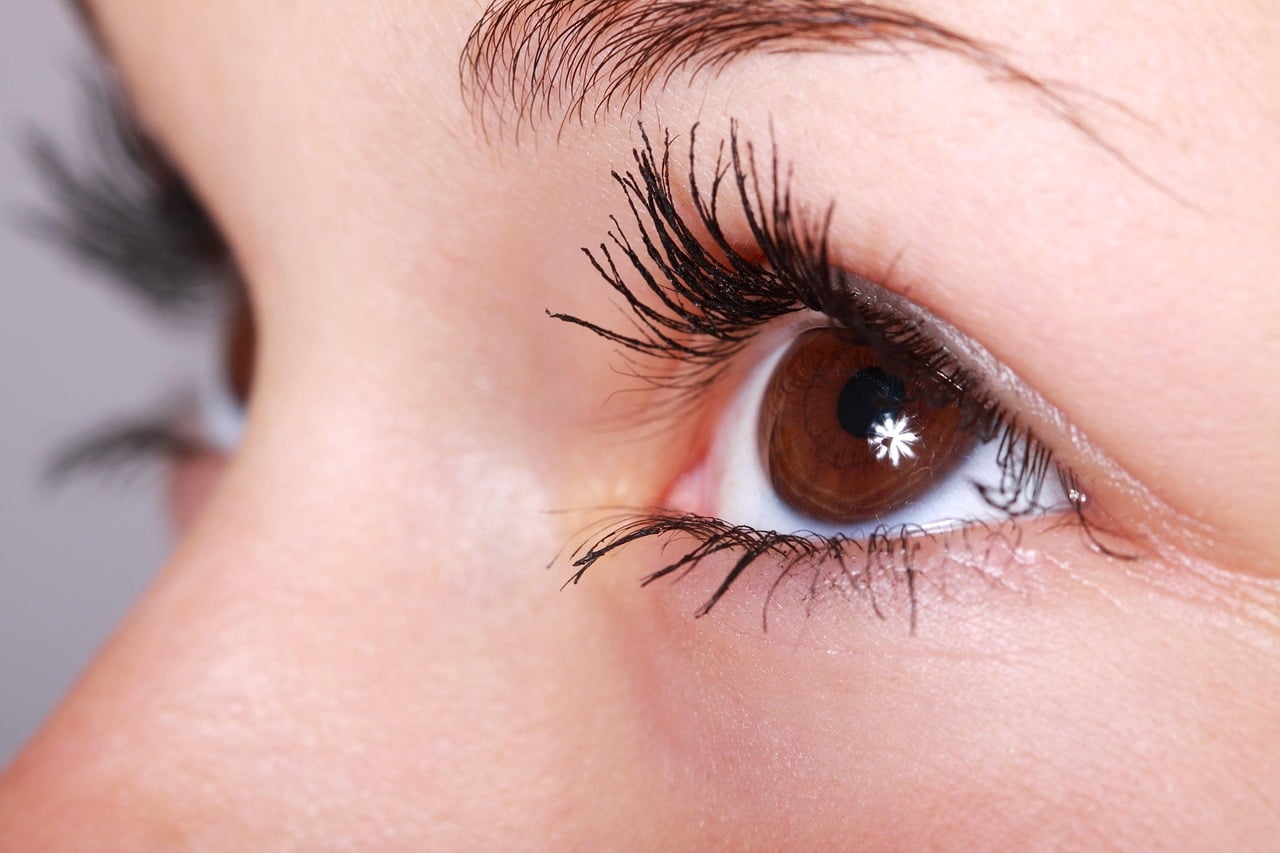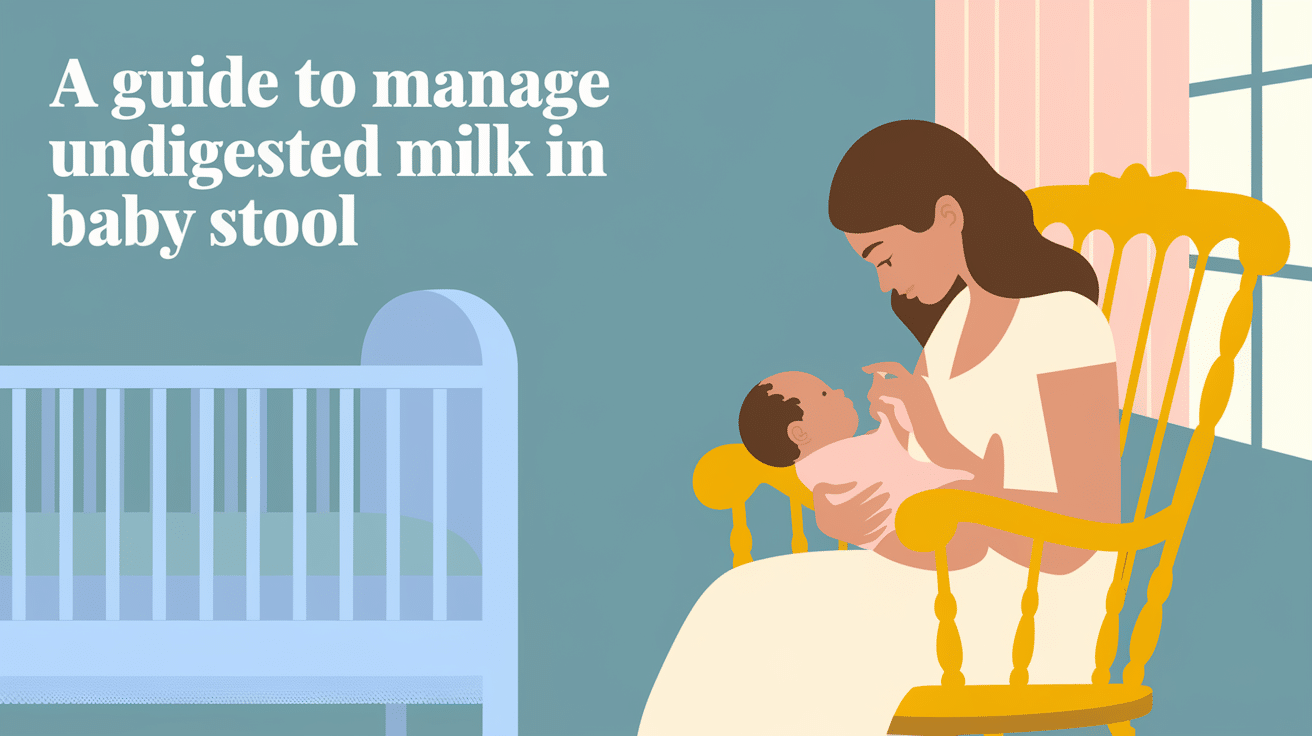
As parents, you think about your kids’ health all the time—ensuring they eat well, exercise, and stay mentally healthy. But have you considered how their oral health fits into the bigger picture?
Their gums and teeth have a key role in their overall health. Regular visits to a general dentistry clinic, combined with proper oral hygiene at home, can help protect not only their smiles but their overall wellness. In this guide, we’ll look at how taking care of your kids’ oral health helps their physical and emotional well-being.
Understanding the Mouth-Body Connection
Your child’s mouth is more than just where they eat and speak—it’s connected to their entire body. If their teeth and gums are healthy, they’re less likely to have harmful bacteria that can cause problems.
But if their oral health isn’t taken care of, these bacteria can spread to other parts of the body and cause inflammation, which may lead to more serious health issues. Taking good care of their teeth now helps keep them healthy in the long run.
The Role of Bacteria
Every mouth, including your child’s, has bacteria. Some of these bacteria are good, but others can cause plaque, cavities, and gum disease. If your kids don’t brush and floss regularly, the harmful bacteria can grow, leading to problems not just in their mouths but throughout their bodies.
When gum disease gets out of hand, bacteria can even enter the bloodstream and affect other organs, causing health problems that may last into adulthood.
Common Oral Issues Kids Encounter

- Tooth Decay: Cavities are one of the most frequent dental problems in children. They can cause pain and make it difficult for kids to eat. Teaching proper dental care, like brushing and limiting sugary snacks, can help prevent tooth decay.
- Gum Disease: Even young children can develop gum disease, which leads to symptoms like swollen and bleeding gums. If untreated, it can result in tooth loss and other health complications. Regular brushing and flossing are essential to keeping gums healthy.
- Tooth Sensitivity: Some kids may experience sensitivity to hot or cold foods and drinks. This can result from enamel erosion or gum recession. Identifying the cause early can help address any discomfort and improve their overall dental health.
- Malocclusion refers to misalignment of the teeth or bite, which can lead to difficulty chewing and an increased risk of dental issues. Regular dental check-ups can spot malocclusion early, which may need orthodontic treatment.
- Bad Breath: Often caused by poor oral hygiene, bad breath can be embarrassing for children. Teaching kids the value of brushing, flossing, and visiting the dentist regularly can help keep their breath fresh.
- Thumb Sucking: Thumb sucking is normal for babies and toddlers, but if it continues into childhood, it can cause dental problems. It can impact how teeth align and how the jaw develops.
- Oral Injuries: Kids are prone to accidents that can lead to chipped, broken, or knocked-out teeth. Maintaining a healthy mouth can reduce the impact of such injuries, and quick dental care can help fix these problems.
Oral Health and Systemic Diseases
Taking care of your child’s oral health isn’t just about preventing cavities—it’s about protecting their entire body from future issues. Here are a few examples of how their oral health can impact their overall wellness:
- Heart Health: Unhealthy gums can raise the chance of heart problems as kids grow up. It’s important to teach your kids good brushing and flossing habits to help prevent gum disease early on.
- Diabetes: Kids with poor oral health may have trouble managing conditions like diabetes if they develop them in the future. Gum disease can make it tougher to manage blood sugar levels.
- Respiratory Health: Harmful bacteria from the mouth can reach the lungs and lead to infections like pneumonia. This risk is even higher for kids with asthma or other respiratory conditions.
- Digestive Health: Oral health is crucial for digestion; if children have dental problems, they may not chew their food properly. This can lead to digestive issues and affect nutrient absorption.
The Mental Health Connection

Maintaining good oral health can significantly influence how kids view themselves. A healthy smile isn’t just about appearance; it can affect their overall happiness and how they interact with others.
- Self-esteem: Visible dental issues, like crooked teeth or decay, can make kids feel self-conscious about their appearance. This can lower their confidence and make them uncomfortable around others.
- Anxiety: Kids may become anxious or worried about how others perceive them due to their dental problems. This anxiety can affect their ability to interact with peers or participate in activities.
- Avoiding social activities: If kids feel self-conscious about their smiles, they might avoid social situations. This can lead to isolation and prevent them from forming healthy relationships.
- Confidence: Maintaining a healthy smile can give kids a significant confidence boost. When they feel good about their appearance, they are more likely to engage with others and enjoy social experiences.
Practical Steps for Maintaining Oral Health
Here are some easy tips to help your kids maintain a healthy mouth, which will protect their overall health, too:
- Regular Dental Check-Ups: Make sure to take your child to the dentist at least twice a year. These visits allow dentists to catch any problems early and provide professional cleanings. Additionally, they can give valuable advice on maintaining your child’s dental health.
- Brushing and Flossing: Teach your kids to brush their teeth at least twice a day using fluoride toothpaste. It’s important to show them how to floss effectively to remove food particles and plaque between their teeth. Establishing a routine will help them develop lifelong healthy habits.
- Balanced Diet: Encourage your kids to eat a variety of healthy foods like fruits, vegetables, and dairy, which are beneficial for their teeth. A balanced diet helps strengthen their teeth and gums. Be sure to limit sugary snacks that can lead to tooth decay.
- Stay Hydrated: Drinking plenty of water throughout the day helps rinse away food particles and keeps their mouth clean. Water is essential for maintaining saliva production, which protects against cavities. Make it a habit for your kids to drink water regularly, especially after meals.
- Avoid Sugary Drinks: Sugary drinks like soda and sports drinks can erode tooth enamel and contribute to cavities. Encourage your kids to choose water or milk as their go-to beverages instead. This simple change can have a big impact on their oral health over time.
A Holistic Approach to Health
When you prioritize your kids’ oral hygiene, you’re not just helping them maintain a bright smile—you’re also setting them up for a lifetime of good health. Healthy teeth and gums are linked to overall wellness, and regular dental care is essential for both physical and emotional well-being. By teaching your children good dental habits now, you’re investing in their future health, happiness, and confidence.


























































